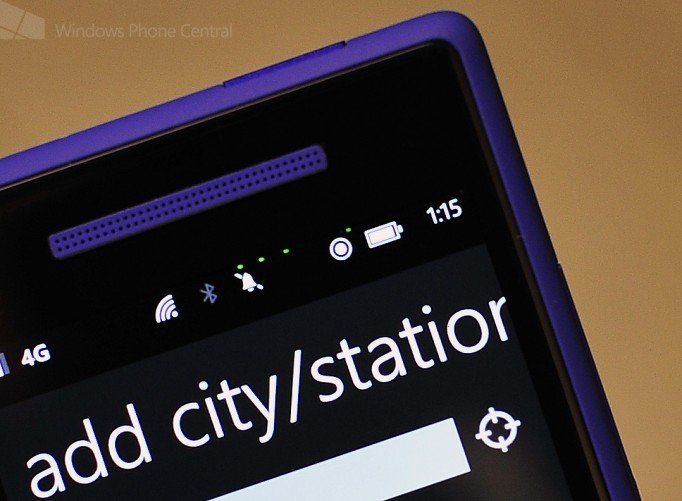Cloud-focused GPS chip by Microsoft Research slashes smartphone battery consumption

Anyone who makes use of GPS functionality on a smartphone understands the impact such connectivity has on the limited battery supply that's packed inside the device. Unfortunately, we're not quite at the stage where 10,000mAh batteries are utilised, so Microsoft Research has been working on a cloud-powered GPS chip that will reportedly slash battery consumption on smartphones.
As well as improving the life of batteries inside smartphones, the improvements in this project by the Microsoft initiative could make it feasible for GPS functionality to be added to more devices, including those that are low-power. This will be a huge advancement to what's currently utilised to-date as GPS chips certainly aren't afraid to use more power than consumers would like.
So how would this "low power consumption" be achieved? Put simply, the Microsoft Research team offloaded some of the calculations and tasks the GPS chips carry out to the cloud. Jie Liu, principal researcher at Microsoft Research, and his team has developed a GPS backend system that collects only a few milliseconds of the most crucial data from satellites, which is subsequently combined with other details from public, online databases.
This process then calculates the device's past locations using said data, including satellite trajections and Earth elevation values. This all happens on a remote server. So what's this fancy technology titled? The team refers it as CLEO (Cultivating the Long tail in Environmental Observations), and the approach is called cloud-offloaded GPS. According to the research team, CLEO can perform continuous GPS sensing for just over a year efficiently enough to be sustained by just two AA batteries.
Liu states that on a typical smartphone, continuous GPS use would burn through the battery in approximately six hours (which is currently helped by WiFi base stations and cellular towers that both contribute to location calculation in mobile devices). CLEO was developed for animal-tracking systems that can acquire movement data over a period of time without transmitting the data to the cloud. Liu affirms that the same approach could be implemented on smartphones (and other Internet capable devices).
Some good news for consumers (if this project wasn't enough for mild celebration already) is that Microsoft isn't the only company attempting to make GPS systems more energy-efficient. Swiss company U-blox has designed GPS chips based on similar principles. Chris Marshall, product manager at U-blox, states the processing could be carried out on either a server or PC / tablet connected to the Internet.
In addition to the research already being carried out by companies, researchers at MIT, Duke, and the University of Southern California have developed signal processing among other engineering tricks to make location services more energy-efficient. But what about the future, especially with the technology that's being proposed by Microsoft Research?
Get the Windows Central Newsletter
All the latest news, reviews, and guides for Windows and Xbox diehards.
Liu believes that low-power GPS systems on smartphones could introduce continuous location logging, which would make the device appear more advanced. As an example, consumers could potentially opt into a service that contributes to a database of noise pollution levels in a given city. Alternatively, should a smartphone record driving or public transportation habits, users could receive tailored directions or updates based on what the device collects.
Source: Technology Review

Rich Edmonds was formerly a Senior Editor of PC hardware at Windows Central, covering everything related to PC components and NAS. He's been involved in technology for more than a decade and knows a thing or two about the magic inside a PC chassis. You can follow him on Twitter at @RichEdmonds.
